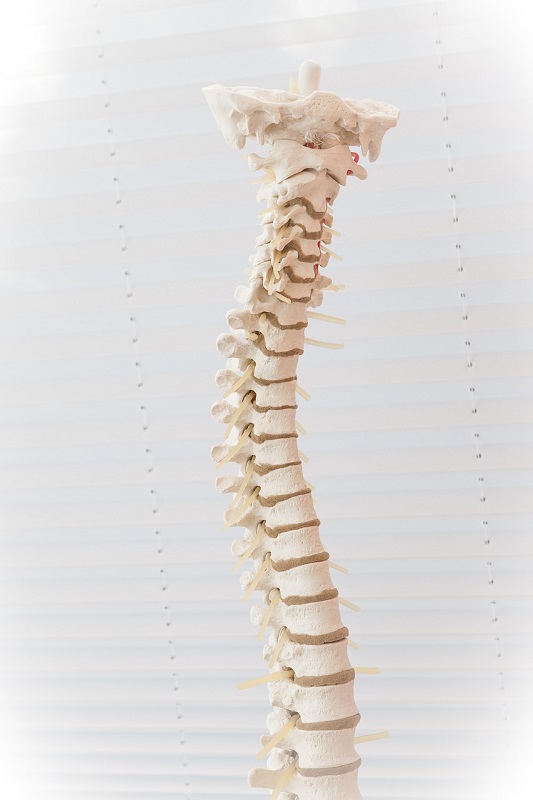You may have heard the term “subluxation” many times before, but you may not fully understand what it is or what kind of damage subluxations can cause to your body. This month we would like to provide you with a little more knowledge of spinal subluxations.
A subluxation is a term used to describe a joint that may not work the way it should, whether it is misaligned or not operating properly. Subluxations can occur in any joint within the body including the feet, shoulders, wrists, and knees. One of the most common areas that subluxations can occur is within the spine. These subluxations are known as spinal subluxations.
What is a spinal subluxation?
A spinal subluxation refers to a misaligned vertebrae within the spine from its normal position. When a vertebra becomes misaligned, the pressure put on the nerve roots within the spine can decrease the function of nerve signals between the body and brain. If left untreated, this can cause unbalance within other parts of your body that rely on that vertebra working properly.
Symptoms
If left untreated, spinal subluxations may begin to affect other parts of your general health and wellbeing. It is important to be aware of the signs and symptoms so you can quickly identify spinal subluxations and seek treatment.
Common signs that could indicate a spinal subluxation include:
- Headaches – Headaches can often occur due to the buildup of pressure from a subluxation without release. This pressure continues to build upward until it reaches the base of the head causing tension headaches that often appear without warning.
- Inability to move – Subluxations may cause muscle stiffness or inflexibility. This may make performing easy tasks more difficult due to an inability to move.
- Pain in the back or neck – This is the most obvious sign of spinal subluxations as the pain spreads upward through the back and neck. Pain severity can range from mild discomfort to sharp, debilitating pain.
Spinal subluxations can also cause muscle tenderness, inflammation, pain, numbness, loss of feeling, limited mobility, and a tingling or burning sensation in the affected area.
Common causes
The causes of spinal subluxations can vary but they are most commonly caused by trauma. This includes major trauma from an injury or accident. However, micro-trauma from daily habits such as sleeping on your stomach or arm nightly, wearing a heavy bag on one side of your body, or looking down at a computer for a long time can also cause subluxations.
Another common cause of subluxation is stress. Strong feelings of stress and anxiety can cause tension within the body, especially in the neck and upper back. Stress can cause the muscles to become tight and may cause a spinal subluxation.
Treatment
If you suspect that you may have a spinal subluxation, the most recommended course of treatment is to visit a chiropractor. However, for minor cases relief can be achieved with stretches, over-the-counter pain medication, rest, and cold compresses.
Even if you want to try an at-home approach, we encourage you to come into our office for an official diagnosis. We will work with you to find a treatment that is right for you so that you can be the best healthiest version of yourself. For more information on spinal subluxations or to schedule an appointment, please contact Anthem Chiropractic today.

